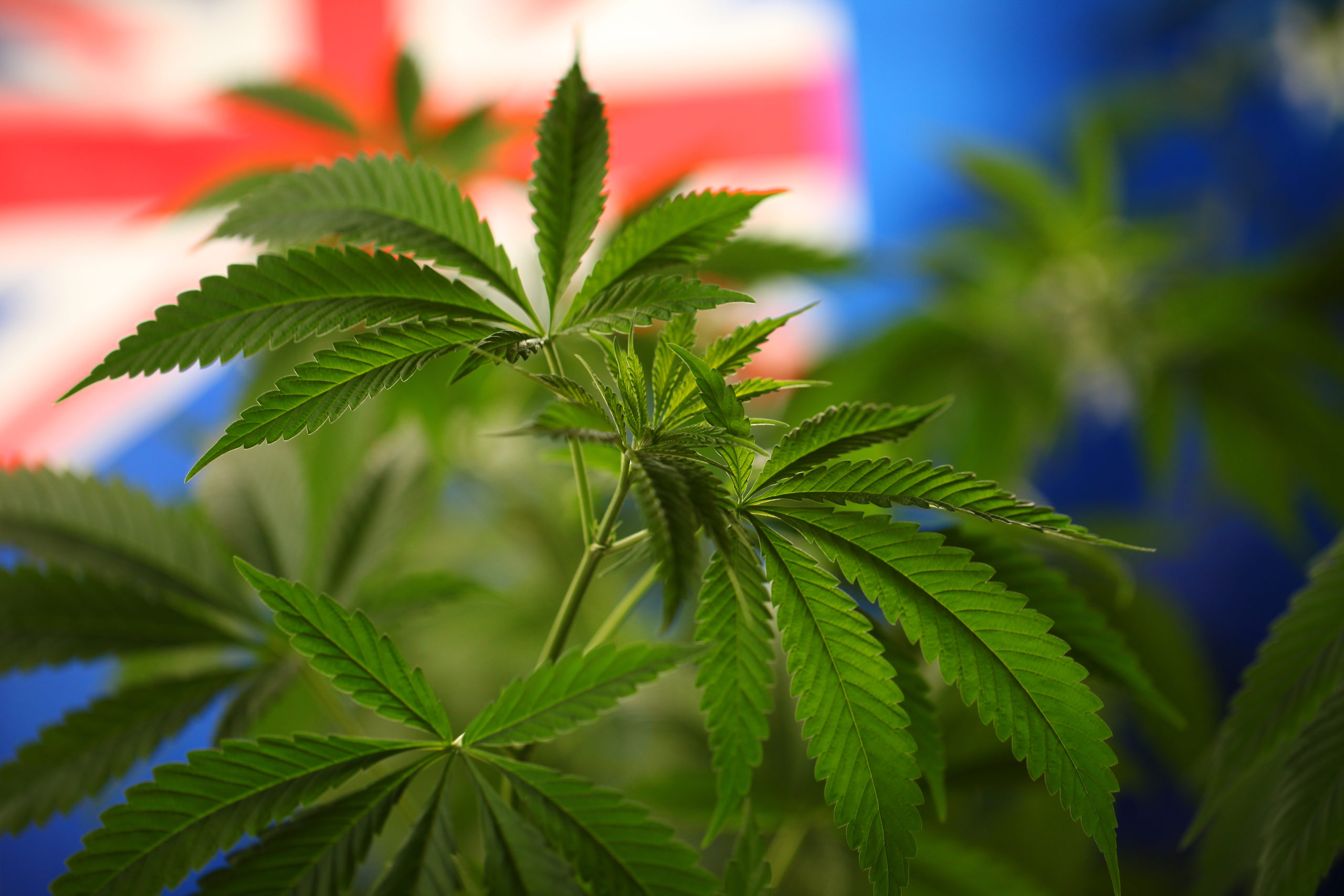Connect with us
Published
2 years agoon

A Dapto, Australia air force veteran has called upon the government to subsidize medical cannabis for veterans suffering from post-traumatic stress, outlining his own beetle with PTSD and approved medications, according to a Illawarra Mercury report.
Derek Pyrah took his fight for accessible, medicinal cannabis to the Royal Commission into Defence and Veteran Suicide, calling upon Minister for Veterans Affairs Andrew Gee to help.
Pyrah submitted a 21-page plea to the commission, writing that the approved medications from the Department of Veteran Affairs (DVA) meant to treat PTSD can leave veterans in a worse condition emotionally, mentally and physically, ultimately promoting adverse effects that counter the initial intention.
“I believe medicinal cannabis is a better medication for PTSD as it counteracts each PTSD symptom without negative side effects and costs less than the current DVA approved and heavily subsidised cocktail of psychotropic medications,” Pyrah wrote, along with a specific request to the DVA: “I am asking for DVA subsidised cannabis as an option to treat veterans with a diagnosis of PTSD.” [sic]
Pyrah first enlisted in the air force in 1990, when he was 15, as an apprentice aircraft mechanic. After retraining, he became a communications information systems controller and was deployed to Iraq in 2003, at the start of the Iraq War.
While he said he was initially happy to go and honored to serve his country, Pyrah also said that war is “not what you expect,” and what actually happens might be contrary to your plans or expectations prior. He ended up returning to Australia at the end of 2003.
Though he didn’t discuss specifics, Pyrah told Illawarra Mercury that there were “multiple, specific incidents” over his two deployments that made him a “different person” when he returned home.
“When I got back my wife and my family said I didn’t walk the same, I didn’t talk the same. Nothing was the same about me,” he said.
He said this led to disagreements with family and friends, defensive driving and obsessively checking the family car for bombs before other passengers could get in. Pyrah was able to tell something wasn’t right, and when his wife suggested he talk to the on-base doctor, he moved forward to seek help.
Pyrah secured a PTSD diagnosis, which made it easier to get pension through the DVA, needed because after leaving the air force in 2004, he said he was unemployable and unable to get through job interviews.
After self-medicating with alcohol, he eventually went down the DVA-approved treatment path, with a mix of antipsychotics, antidepressants, mood stabilizers, benzodiazepines and other drugs. Many of the side effects of certain drugs had to be counteracted with others, and he said it ultimately made his PTSD worse.
Pyrah also noted that he was hospitalized numerous times from 2006 to 2014, for up to 100 days a year estimating the cost to the government at least $100,000 a year, about $75,000 USD, not including medications and appointments with psychologists and psychiatrists.
He reached a turning point when he tried cannabis in 2015, where he said, “The crippling anxiety I had 24/7 immediately went away.”
Eventually, Pyrah weaned himself off of all his medications, except a small dose of anxiety medication. He said that he applied to the DVA in 2019 to supply him with medical cannabis, along with three additional applications, which were all refused.
In September 2020, he was charged with cannabis possession. United In Compassion, an Australian cannabis advocacy body, ultimately stepped in to help Pyrah fight the charges and gain access to the medicine that worked for him.
While Pyrah has since found ways to access medical cannabis on compassionate grounds, he believes that the DVA needs to make it available to all veterans suffering from PTSD. He also said that he fears he won’t be able to afford to keep using cannabis unless the DVA changes their policies, estimating the monthly cost between $500 and $1,000 a month, or about $375 to $750 USD.
Pyrah pointed to other countries supplying veterans with medical cannabis and hopes Australia will soon do the same.
“I am petitioning Andrew Gee to help us. If he really wanted to, he could change this policy. All we want is for Minister Gee to recognise medical cannabis can save lives and keep families together,” Pyrah said.
Last year, Pyrah also started a Change.org petition to ask the Ministers for Veterans’ Affairs and Defence Personnel to have the DVA subsidize medical cannabis for veterans suffering with PTSD. The petition currently has around 17,000 signatures with a total goal of 25,000.


Study Reveals State Cannabis Legalization Lowers Immigrant Deportation


DEA Challenges Bid To Use Psilocybin Under ‘Right To Try’ Legislation


Vegans Rejoice as Farmers Switch from Chickens to Hemp


Louisiana Legislative Committee Unanimously Passes Adult-Use Cannabis Framework Bill


Louisiana House Bill to Regulate Hemp Products Advances Along With Senate Bill to Ban


Cresco Labs Workers Reportedly De-Unionize
